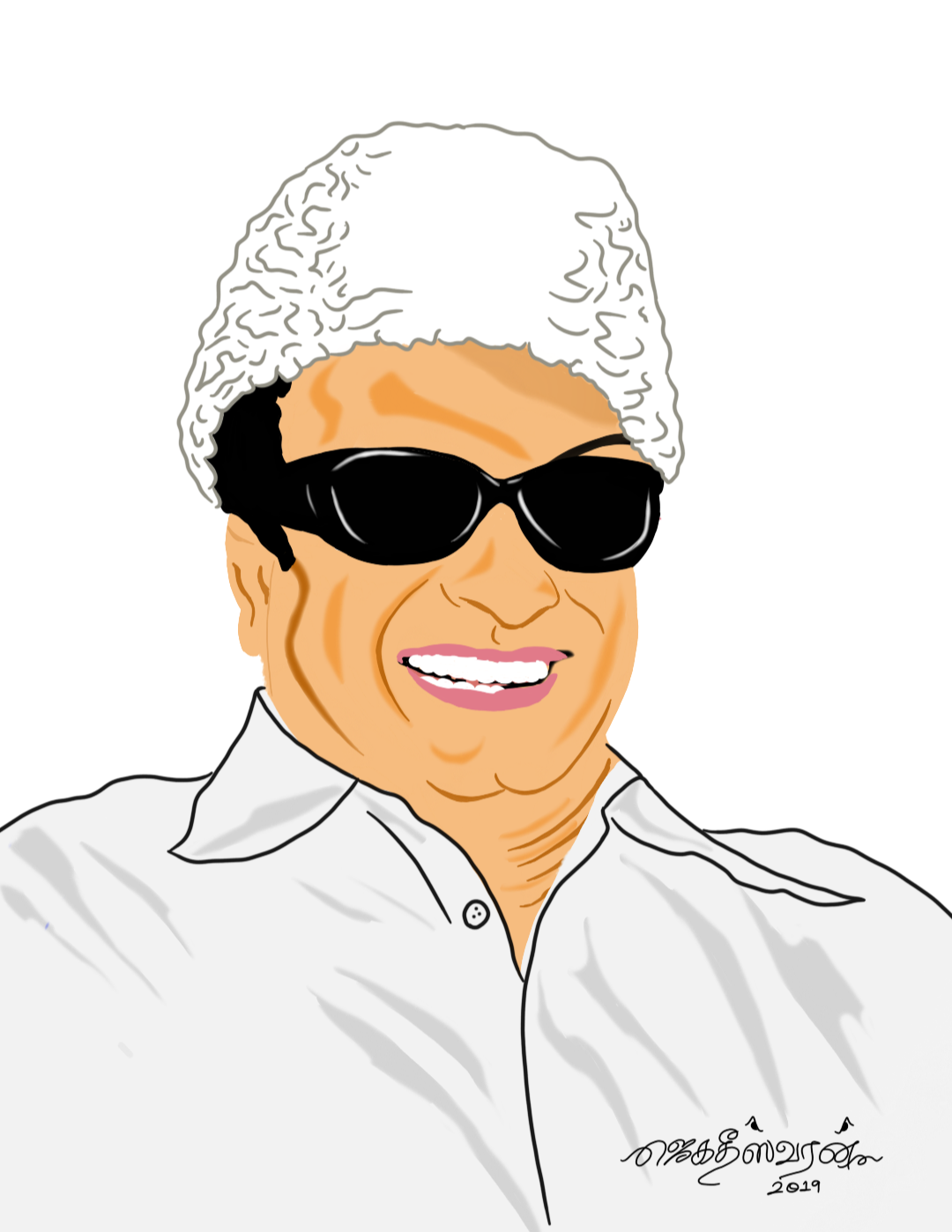
Duopoly collusion as applied to political parties in TN.
Date : 04/05/2024

Post-independence, I would say one of the most of the longest running coalition in India is between DMK and AIADMK. This may read controversial, but please wait for my reasoning. Since 1967, Tamil Nadu has been governed by DMK or AIDMK which includes representation in Parliament. Kamaraj made a poignant statement right at the beginning of formation of AIADMK saying both are from the same pool. If MGR had not formed AIADMK, the fight would have been direct between regional and national ideologies like those in Orissa or West Bengal. It is not my contention that they have an understanding but that they have operated to ensure power remains between them. This was recently reiterated by a political leader also. I will explain this with the help of how product markets function.
Duopoly
While discussing markets, we discuss perfect competition, duopoly and oligopoly. Duopoly is when two dominant suppliers control the market. The classic examples of Duopoly are Visa and Mastercard, Pepsi and Coca Cola, and Nike and Adidas or in politics say Conservative and Labour in UK and Republican and Democrat in the US. These are for illustrations only and whatever I am saying below is not based on their practices. A common example is, you may see two shoe shops next to each other fighting fiercely but owned by brothers. There will be other suppliers but those will be poor third or also rans.
The primary concern of duopolists is to ensure that no new player enters the market. They ensure this through various means. It can be defensive price policy to make entry difficult. They will not poach each other’s markets. If one brand is leading in one country, other brand will be leading in another. They will be contended with their respective market share, and not do anything to upset the apple cart. The players generally seek to maintain stable markets to avoid major battles. They will be roaring at each other in the market but stay below a threshold level to avoid costly battles. These firms never collude formally or can be even seen colluding because then Anti-Trust Law in US or our Competition Commission can step in. They may not even have any understanding but the actions will be predictable and non-threatening.
Two-Party Democracy
The dynamics between opposing political parties will also look like this duopoly market. DMK and AIADMK are bitter political enemies and for a long time bordering on personality clashes. In fact, I have seen in Delhi that if an SP leader meets his BSP counterpart or Congress leader meets BJP leader, they will exchange courtesies and notes. But, the DMK and AIADMK leaders continue the cold war wherever they meet. It could be less today but it has been at its peak. This is in stark contrast to Rajaji and Periyar who were ideologically opposed but maintained good relationship.
DMK and AIADMK strategies have ensured no other parties can thrive in Tamilnadu. Congress has been surviving more by cobranding with DMK and other splinter parties are like Thumbs Up, no threat. That is why we see now DMK or AIADMK vehemently opposing BJP and Annamalai than AIADMK or DMK. Even PMK has sounded the bugle against BJP. AIADMK should be actually opposing DMK but more worried about growing market share of BJP. Both parties would tolerate as long as BJP behaves like Congress, that is play second fiddle but not independent tune. But, BJP trajectory everywhere, like Bihar or Maharashtra, has been they put their foot in the door and later tend to occupy the house. This is indeed a legitimate fear but the regional parties, by fighting national parties, are helping each other.
If one looks at the ideology or policies of the two parties, they are similar in most areas excepting in degrees whether it is in the area of language, regionalism, NEET or GST. Why, even on the issue of a trivial individual case, Surappa, they came together. AIADMK is more nationalistic in nature thanks to their leaders like MGR and Madame Jayalalitha, and if MGR had more time to mould AIADMK would have been very different. Their narratives, committed voters, and pocket boroughs have remained more or else the same. They hold on to their position and pocket boroughs and where they are weak, they let national parties fight in the stronghold of the opposite party. Global duopolies can learn something from them on these issues.
How Duopoly Breaks
Duopoly breaks when one of them tries to break away from the rules of the game and this is not happening here. Alternatively, it happens if a new entrant suddenly storms with game changing formula and makes quick deep entry as the existing players are lulled into comfort zone. Or, it can be transition time of leadership in leading duopolies. The established players could be busy fighting their own internal territorial fights within their firms. Annamalai, like a startup, has been storming with game changing narratives and guerrilla tactics. He is a unicorn who is shaking established parties with his entirely new offerings. If he had even entered as established national party like Congress, the existing parties would have handled it but he is entirely singing a new tune. He has breezed in fresh whiff of air, which people fed up with old puddings fed by the Dravidian parties are enjoying. Established parties should think fresh than dust up old tricks. He is rewriting the rules of engagement of all known marketing strategies or narratives. Dravidian parties are fighting a losing battle and they know it. Annamalai is the Amazon of TN Politics. He is enigmatic and taking TN towards irreversible trend. Sadly, people have figured him out, but parties are struggling to figure him failing to look beyond their known boundaries.
Image Credits: Wikimedia Commons.
Tags :
Note: Your email address will not be displayed with the comment.